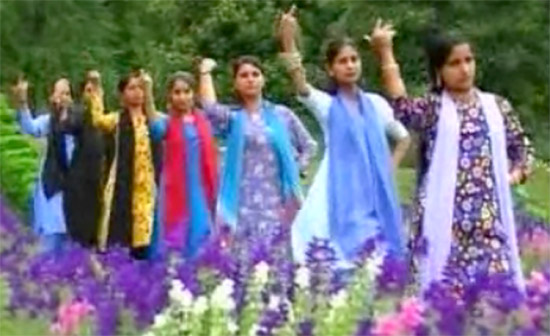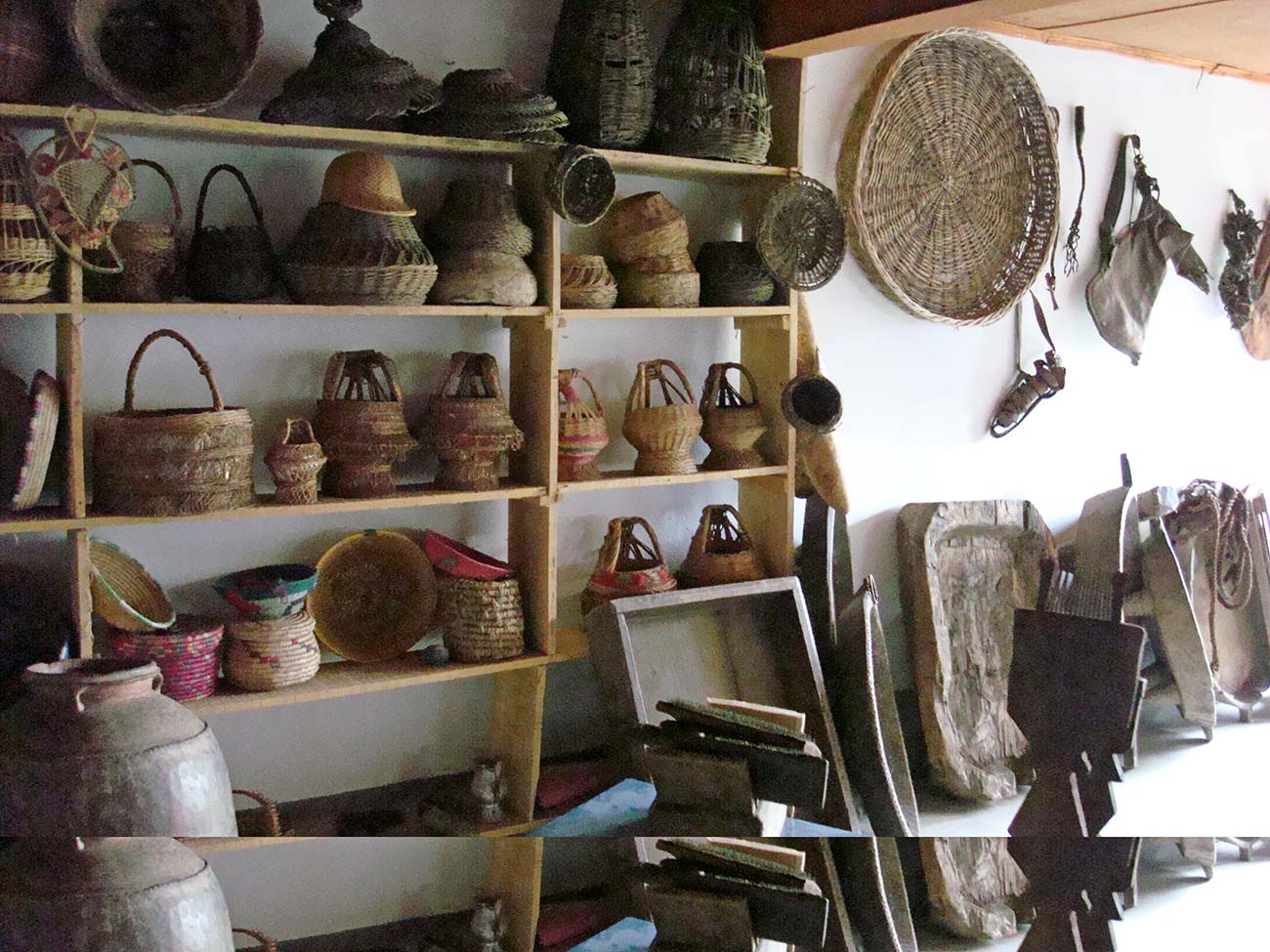
They are earning good money but would like to quit if they can. Shazia Yousuf delves into the lives of girls that work in locally produced Kashmiri music albums as dancers.
A young man picks her phone for her, “I am the director of album. Sweety is busy with shooting. She will surely call you back,” he ends the call without saying when.
Sweety was the last option. Nargis was busy with shooting. Naziya had changed her number. Arifa had stopped working after marriage. Nusrat talked nicely and said she was sorry and hanged up. And joziya the successful of all had no time to talk.
These are few among those hundreds of girls who work as dancers and chorus singers in Kashmiri music albums, produced in large number these days. The private television channels of Kashmir telecast such videos for hours every day.
Surprisingly, Sweety calls back in the evening. She said, “They (girl dancers) will not talk to you. People say lot of things about us. Most of the girls are poor. They do it for money.”
Nineteen year old Sweety of Shopian too does it for money. Eldest of the six siblings including three sisters, Sweety started working when she was in 9th class and her father retired from government service.
Sweety is the only girl from Shopian associated with this profession. “My mom accompanies me to the bus stop when I have to go to Srinagar. My profession annoys my maternal uncles, neighbours talk (bad things) about me,” Sweety says. She has 10-15 shootings a month.
Sweety’s mother prohibits her to wear the suits she purchases for her wearing in the videos, instead she is made to wear loose clothes to ward off annoying remarks of men in her village. “I don’t wear any make up and carry my clothes in bag. I wear them in videos only. They are beautiful. Half sleeved,” she says.
Sweety has worked in more than 50 albums. For each album that requires two to three days of shooting she charges Rs 3000. “I have done some hit albums like Bewafa and Dard-e-Mohabbat but I always pray people should not watch me. They recognise later and boys talk rubbish. Look this Aishwariya is coming. Isn’t she that girl…,” she says.
But Sweety says she doesn’t think of those things during her work, “I can’t work otherwise, I think about the money that I give to my mother after every album, but yes! Had there been any other source I would have quit,” she says, “And then threats. My friend Sofia did a stage show in Gulmarg. She went into hiding for so many days. It was said that Aasiya Andrabi was looking for her.”
Though majority of the girls seen in private albums are trained dancers from Chandigarh and Jammu, however, a good number of Kashmiri girls also work as dancers. And like Sweety, most of these girls belong to poor or lower middle class families.
“A girl Joziya Mir came to me when her father had died. She was very talented, she worked very hard and earned lot of money. Today she runs her whole family on her earnings,” says Tassaduq Wani, a music album director.
These girls who come from various districts besides Srinagar do not have any formal dance training, find work in low budget private albums where they are preferred for they charge less.
“Kashmiri girls go out of beat and lack body language and rhythm. But sometimes directors need a Kashmiri knowing girl so they go with them,” says Bangalore based choreographer, Ranbir, who runs a dance institute at Jammu.
“Most of them join to support their families after the death of their father. It comes as a handy option because they come from uneducated families and here they do not need any educational qualification. I request them either do something else or to be careful,” says Zameer Ahmad, who runs a dancing troupe called Eagle besides working as a choreographer.
Many artists and producers are not happy with the entry of untrained girls into the profession. Noted singer Aijaz Rah says, “I always choose dancers from outside. I have to maintain quality irrespective of what sells in the market.”
Famous young singer Mehmeet Syed, calls it an epidemic that consumes career of talented and professional people. “I rethink before making an album now. It takes us months what they do in a day or two. It has become all same. People generalise, our reputation suffers and our work also suffers. I cannot bear to see my songs being telecast with those cheap quality stuff,” Mehmeet says.
She adds that these girls are vulnerable to exploitation. “There should be some governing body that can protect the rights















